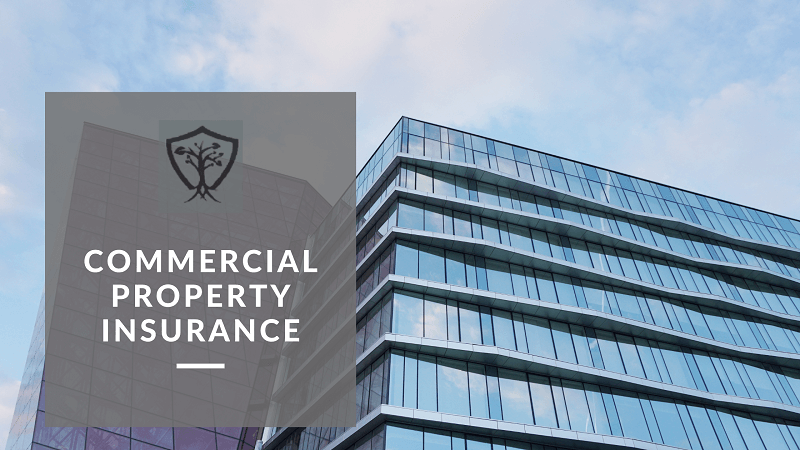Various hazards, including natural disasters, fire, vandalism, and theft can damage business property, leading to huge financial losses and possible business closure. In fact, statistics show that around 40% of businesses close permanently following a natural calamity. One way to avoid or minimize such losses is to carry adequate commercial property insurance coverage. This policy typically helps replace damaged business property, protecting your business from closing down permanently after a disaster.
What Types of Protection Does Commercial Property Insurance Provide?
Business owners incur huge losses every year due to damaged property. In 2020, for example, natural disasters caused about $74.4 billion in insured losses. Commercial property insurance provides the following coverage options:
- Burglary – If someone breaks into your office building, stealing or vandalizing your property, this policy can pay for the resulting damage.
- Bodily injury liability – Commercial property insurance can also cover liability costs if a third party gets injured on your business premises.
- Natural disasters – In case of property damage due to a natural disaster, commercial property insurance can help cover rebuilding costs. However, take note that some natural disasters, including floods, may not be covered under the standard commercial property insurance policy. As such, liaise with your insurance provider to get suitable coverage for such exclusions.
Are There Any Tax Benefits Related to Commercial Property Insurance?
Yes. For instance, commercial property insurance premiums are typically tax-deductible. This means that you can exclude them from your taxable income when filing returns. Also, in case you lose your property to natural disasters, you can file for a tax deduction on a portion or all of the losses incurred.
Cost of Commercial Property Insurance
The average cost of a commercial property insurance policy with a limit of $60,000 and a deductible of $1000, is $755 per year. Some of the factors that determine the actual cost of a policy include:
- Location – The cost of insuring commercial property located in high-risk areas is typically high, and vice versa. For instance, if your commercial property is located in a flood-prone area, you will likely pay higher premiums for coverage. If your commercial property is located in a prime area, you will also likely pay more for property insurance.
- Value – The amount of insurance you purchase should be enough to cover the cost of rebuilding or replacing the property in case of damage. Therefore, a high-value property will require more coverage, which translates to higher premiums.
- Mitigated risks – Insurance companies usually charge higher premiums where there’s a high risk. By mitigating some risks in your commercial property, you can possibly lower your insurance costs. For instance, having a fire alarm, smoke detector, and sprinkler system lowers the risk of fire damage on your premises, leading to a possible reduction of insurance premiums. Other ways to mitigate property damage include weather-proofing the buildings, installing motion detectors, security cameras, and burglar alarms, and revamping the drainage system.
- Coverage limit – A high insurance limit translates to higher insurance premiums and vice versa.
To discuss your unique commercial property insurance requirements, contact the team at Modab Insurance Services today. We are ready to help you obtain comprehensive insurance protection for your company.

